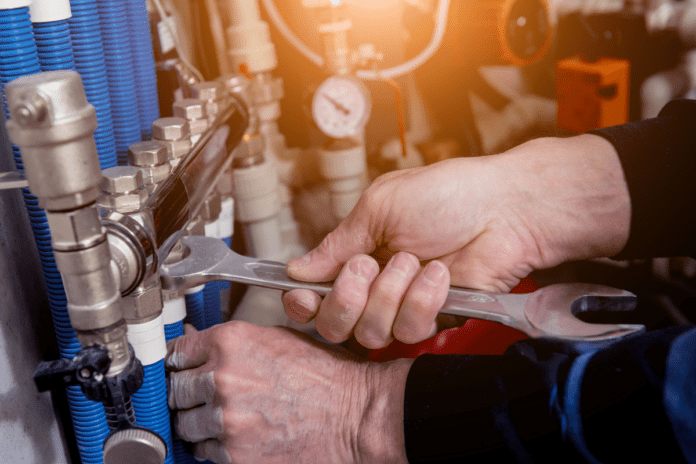Winter’s icy grip can be unforgiving, especially when it means relying on your heating system to keep your home snug and warm. For homeowners, DIY enthusiasts, and those passionate about conserving energy, ensuring your heating system operates efficiently throughout the cold months is not just about comfort—it’s also about peace of mind and saving on costs.
Extending the life of your heating system does not require a degree in mechanical engineering, nor does it mean you have to empty your wallet. With empathy for every homeowner’s wish to maintain a comfortable living environment without the dread of unexpected breakdowns and costly repairs, below are some straightforward and valuable steps to help keep your heating system in peak condition.
Regular Maintenance Checks
The heart of extending your heating system’s life lies in regular maintenance. It sounds simple, yet it’s often overlooked. Annual check-ups by a qualified technician can identify issues before they escalate into major problems. If you’re in Brisbane or anywhere nearby, then get a hot water replacement in Brisbane from the many professionals in the city. They can perform tasks that go beyond the average homeowner’s skills, such as checking the system’s components, ensuring everything is clean, and that all parts are in good working condition.
Consider these maintenance checks as a wellness visit for your home; they are essential for keeping things running smoothly and efficiently.
Change Your Filters
One of the easiest and most effective things you can do is regularly change or clean the system’s filters. Dirty filters restrict airflow, reducing efficiency, and putting extra strain on your furnace. Over time, this can lead to wear and tear on the system and even premature failure.
Depending on the type of filter and the specific recommendations for your system, you’ll want to change or clean them every one to three months. Remember, if you have pets or live in an area with high pollen counts or dust levels, you may need to change the filters more frequently.
Thermostat Management
Using a programmable or smart thermostat can significantly reduce the stress on your heating system. By setting the temperature lower when you’re asleep or away, you can save on energy costs and reduce wear and tear on the system. Modern smart thermostats even allow you to control your heating remotely, giving you the flexibility to adjust settings as needed to optimize efficiency and comfort.
Seal Leaks and Insulate
Your heating system works hard to keep your home warm, but if you have leaks in your doors, windows, or insulation, it’s like trying to fill a bucket with a hole in it. Use weather stripping, caulk, or insulation to seal off these leaks. This not only extends the life of your heating system by reducing the workload but also contributes to a more energy-efficient home.
Educate Yourself on Your System
Knowledge is power. Understanding the basics of how your heating system operates can help you spot potential problems early, before they become larger issues. Take some time to read your system’s manual and familiarize yourself with its parts and how they work together. Knowing what’s normal for your system can help you recognize when something’s amiss.
Don’t Ignore the Small Things
Strange noises, a slight decrease in heating efficiency, or a minor increase in your energy bill can be easy to overlook. However, these can be early signs that something is wrong with your heating system. Addressing these issues promptly can prevent more significant problems later on and extend the life of your system.
Conclusion
By taking proactive steps to care for your heating system, you can ensure it provides reliable warmth for many winters to come. Regular maintenance, mindful usage, and a bit of TLC can keep your system running smoothly, saving you from the chill of repair bills and the frostbite of inefficiency. Remember, a healthy heating system not only keeps your home cozy and warm but also contributes to a more energy-efficient and sustainable world.









